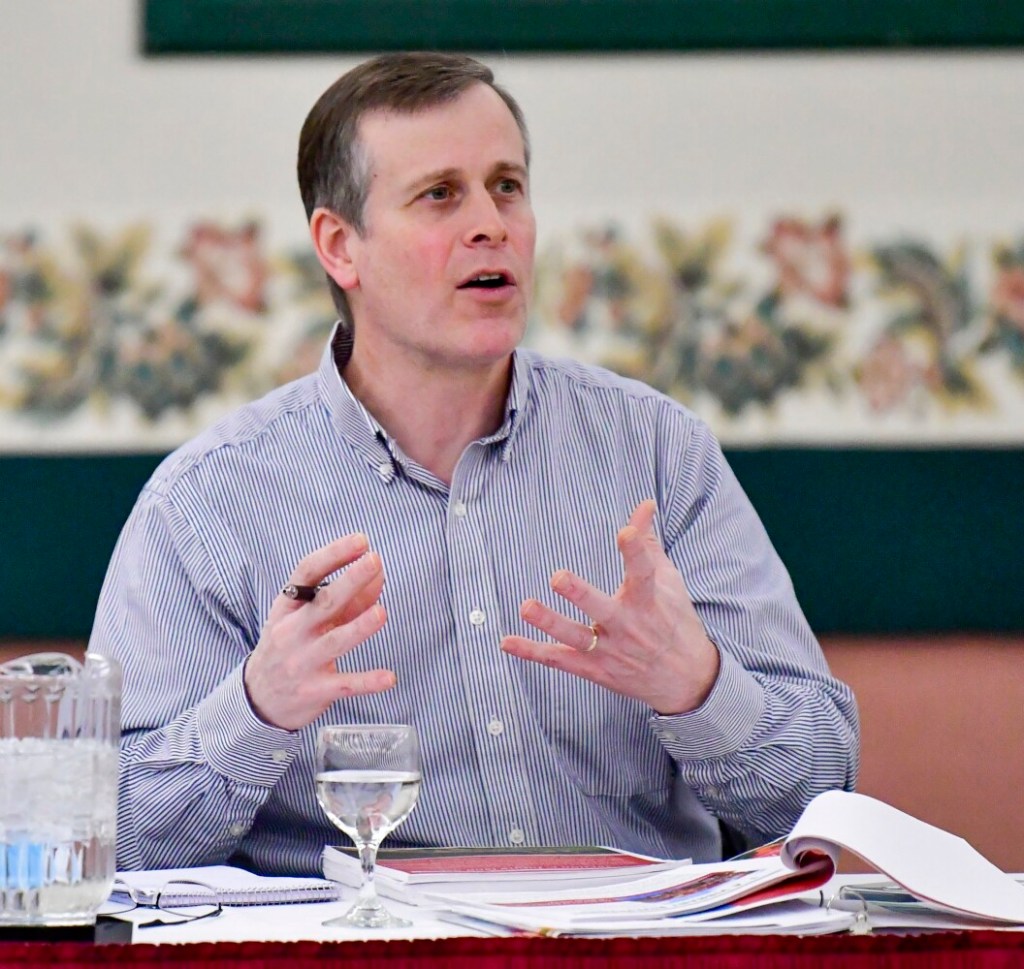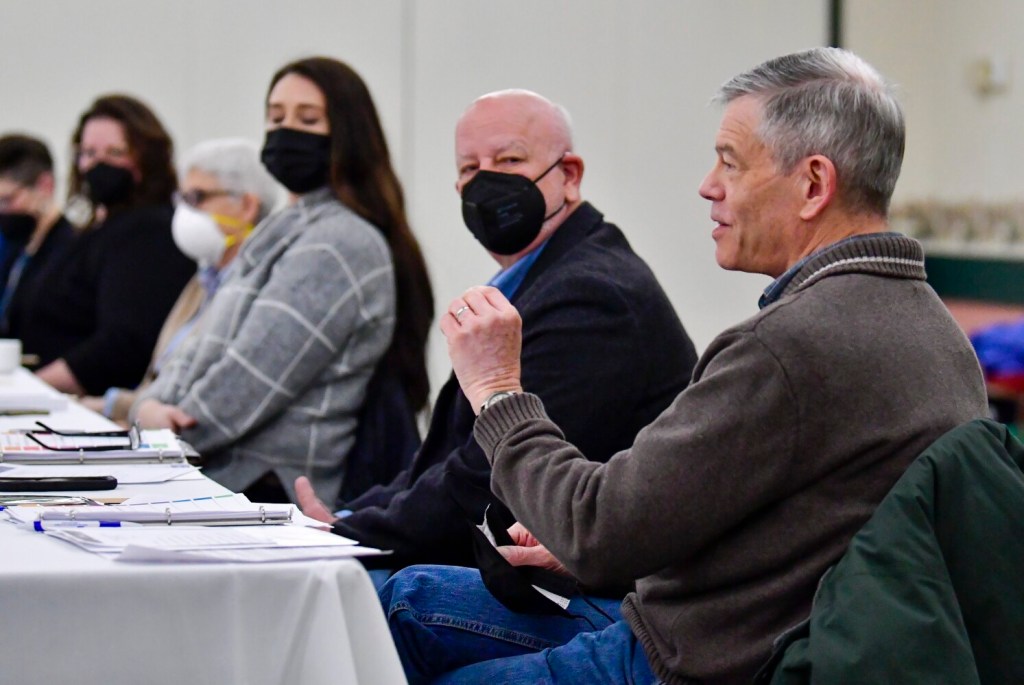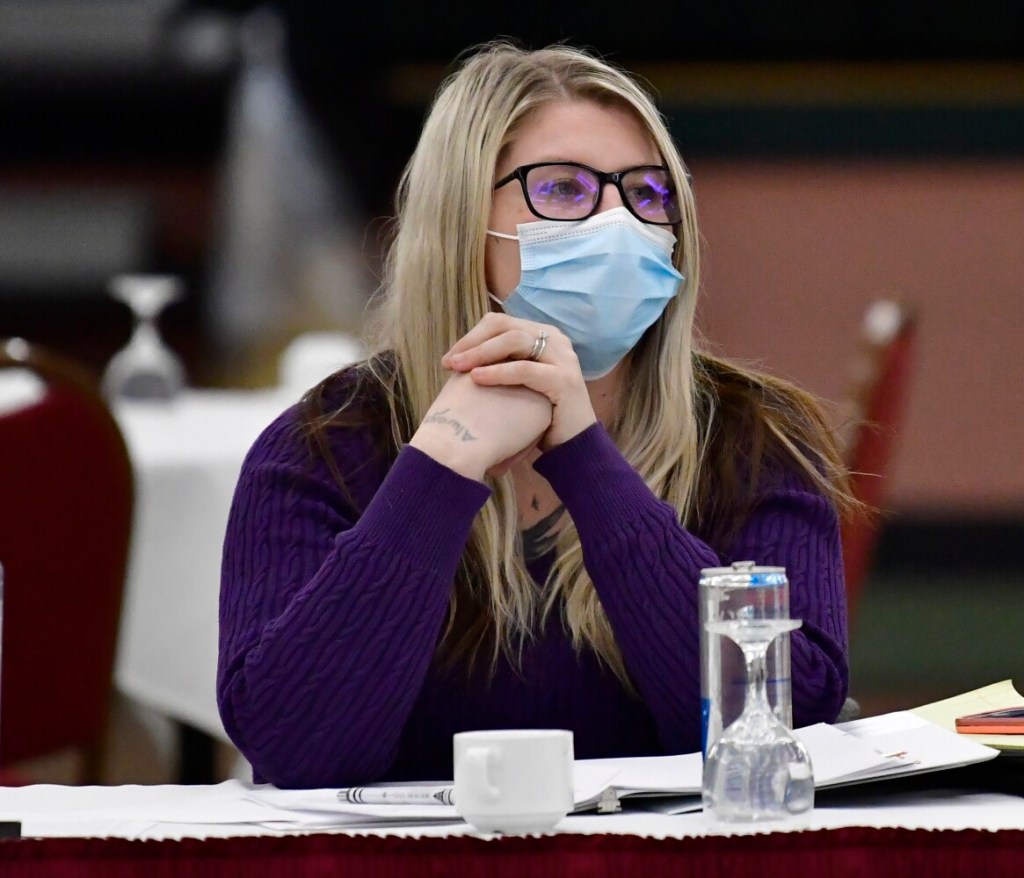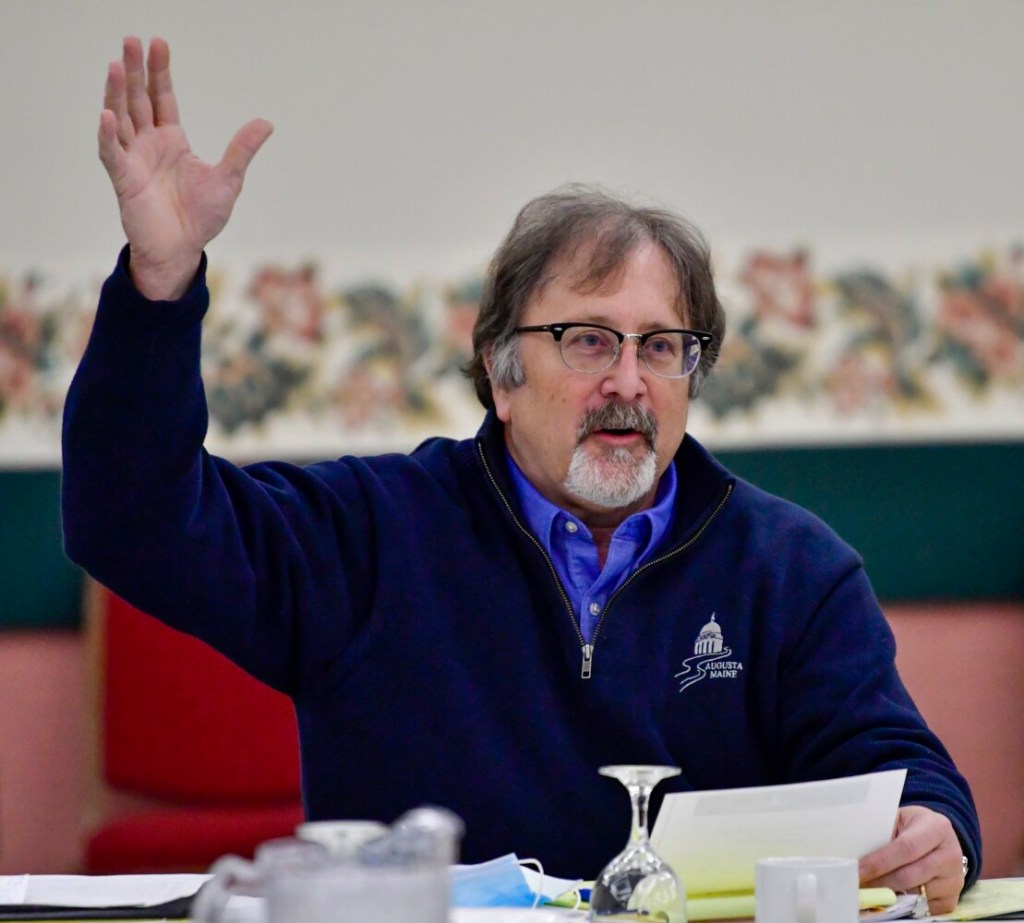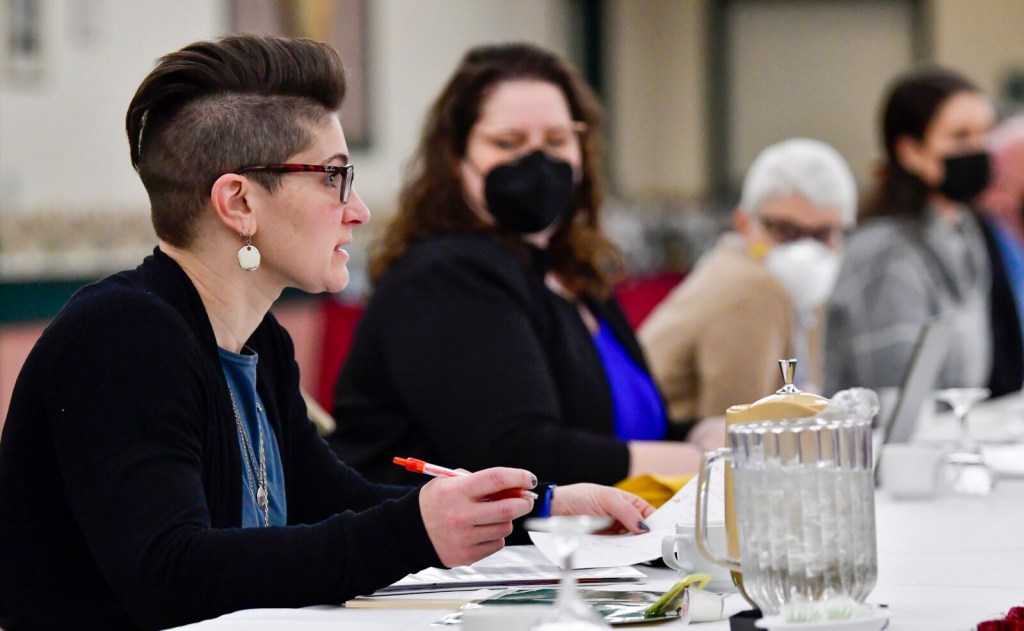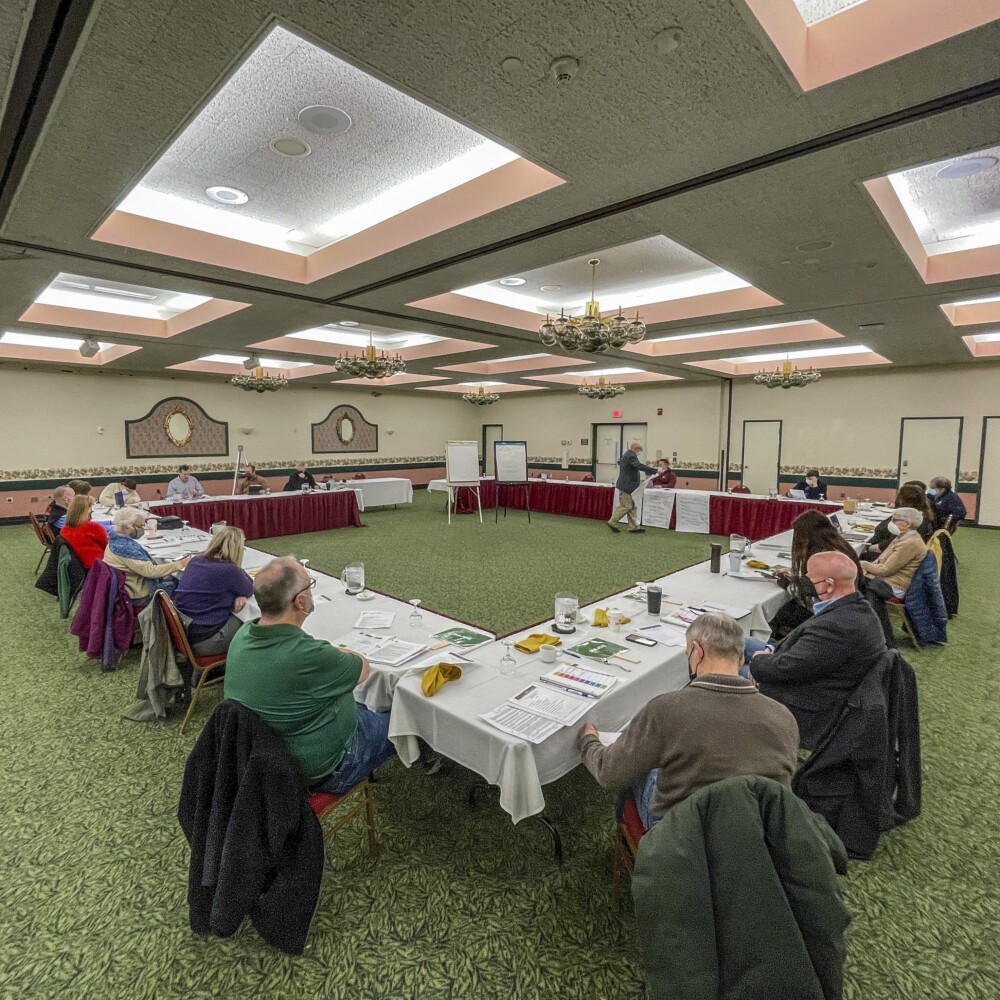AUGUSTA— Increasing and improving housing at all levels to help reduce homelessness, spur growth, expand the tax base and address an ongoing shortage of affordable places to live will be a top priority of the City Council this year.
Addressing the housing shortage was cited by nearly every councilor as a top priority at the council’s annual goal-setting session Saturday.
“Housing will create more jobs in the city, housing will create less homelessness in the city, housing is one of the top issues, housing will blossom a lot of different things,” said Ward 3 City Councilor Michael Michaud.
Ways councilors and city staff said the city could help add and improve housing include:
• Changing zoning rules to allow greater housing density.
• Encouraging rental property owners to live in their buildings.
• Making loans available to improve housing
• Acquiring rental properties — demolishing the badly deteriorated ones and partnering with the Augusta Housing Authority or private developers to encourage redevelopment of others.
• Adding a new historic district to provide access to tax credits available to private developers of housing.
• Offering tax breaks to encourage developers to build housing in Augusta.
• Expanding water and sewer lines to more of the east side of the city.
• Collecting funds in a land bank that could be used to help develop housing.
• Piggybacking with increased state funding for affordable housing.
“My No. 1 concern remains housing, and there’s no one thing that’s going to do it,” said Ward 2 Councilor Kevin Judkins. “We’re going to do this with a lot of little steps, with hopes they’ll add up. This is a city, state and federal concern.”

Mayor Mark O’Brien speaks Saturday during an Augusta City Council goal-setting session at the Augusta Civic Center. Joe Phelan/Kennebec Journal
The complete, prioritized list of council goals for the coming year won’t be finalized until after consultant Frank O’Hara and City Manager Susan Robertson translate Saturday’s discussion and councilors’ informal votes on more than 50 individual goals.
However, during the four-hour session it was clear action on some items was favored by multiple councilors.
Several councilors spoke of the need, with opioid drug overdose deaths continuing to rise in the state, to continue working to make Augusta a recovery-ready community, a place where people with substance use disorder can find help fighting drug addiction.
Eight of nine councilors identified helping to create a low-barrier homeless shelter as a major goal, in an effort get an increasing number of homeless people off the streets. A temporary shelter housing about 30 families recently moved from a Waterville hotel to one in Augusta, but the funding for that runs out at the end of March. Officials said there is still a need for an overnight low-barrier shelter for people who are homeless in Augusta. A low-barrier shelter generally does not set as many requirements, such as that guests be sober, to stay there.
“We need to have a plan for our unhoused community members, by 2023, though we really need one right this second,” said At Large Councilor Courtney Allen. “As we’re in this room right now I’m getting phone calls from people who are outside and looking for shelter. It’s heartbreaking to watch.”
Allen said the city doesn’t need to pay for a shelter itself, but needs to partner with other entities in the community to provide shelter space for unhoused people.
Other proposed goals which appeared to garner support from most councilors include:
• Encouraging the development of public transportation within the city.
• Increasing training for city staff on mental health and suicide prevention.
• Analyzing city staffing levels and finding ways to attract new workers in departments where there are staff shortages, such as paramedics in the fire department.
• Addressing the problem of Hatch Hill landfill, which is projected to be full in about five years.
• Helping ensure Augusta residents are well-educated.
• Moving ahead with construction of a new police station.
• Following the recommendations of an ad hoc committee to revitalize the Sand Hill and the northern Water Street area.
• Assisting in and planning for the potential replacement of Hussey Elementary School, including potential school consolidation.
• Improving pedestrian safety.
Robertson said addressing the goals cited by councilors will be a challenge, in part because funding remains tight, especially with the city-owned Augusta Civic Center losing about $1.3 million over the last two fiscal years as large public events were largely prevented by the coronavirus pandemic, and because the city is short staffed in some areas.
Robertson said of last year’s council goals, two were fully completed, 15 had substantial or some progress made on them, and no work was started on seven.
Send questions/comments to the editors.


